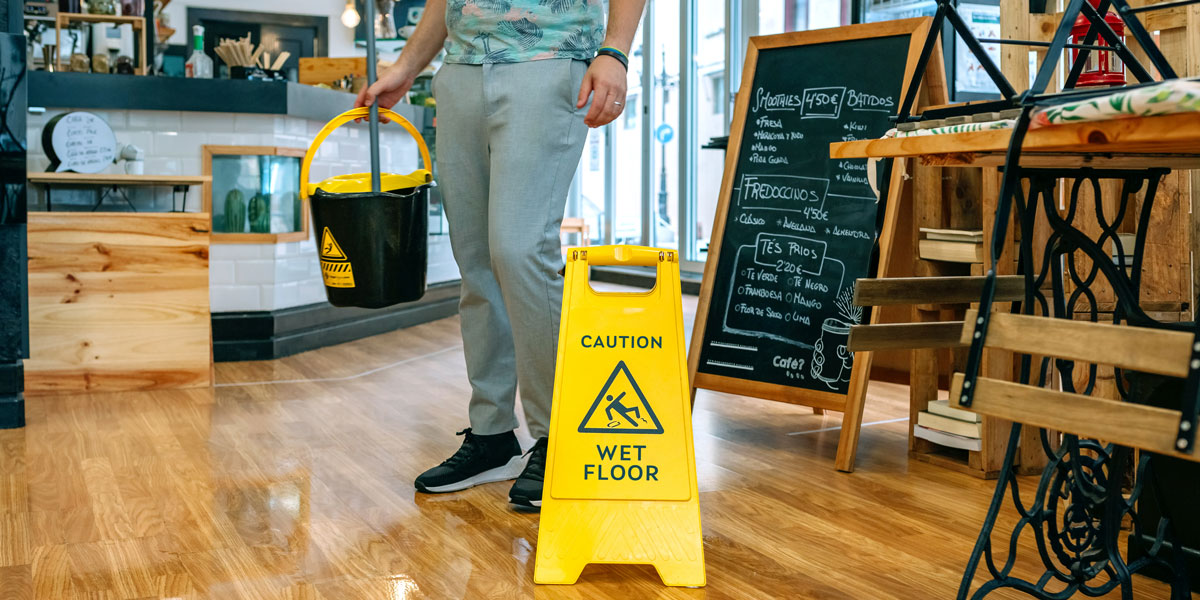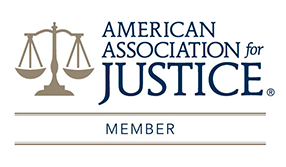Who Is Liable In My Slip And Fall Accident

If you slip and fall on the property of another party, you may be legally entitled to recover compensation for any injuries directly caused by the fall through a Florida premises liability lawsuit. To determine a slip-and-fall case in the state of Florida, there are certain elements that need to be met, or the court may dismiss the case in favor of the defendant landowner’s motion. Read on to learn more about liability in slip and fall accidents, and how the court determines liability in such a case.
Premises Liability Cases
Premises liability cases are built on the “theory of negligence,” which lets the victim of an accident recover damages from the defendant if they’re able to determine that the defendant owed the plaintiff a duty of care at the time of the accident, which was broken by some omission or action of the defendant. Moreover, it is the plaintiff’s job to prove that the defendant’s alleged negligence directly resulted in the plaintiff’s injuries.
Florida lawmakers determine “breach of duty” through Florida statute 768.0755, which courts use to determine if a defendant landowner breached a duty they owed to a visitor. This Florida statute applies to cases where a plaintiff is injured from slipping on a “transitory foreign substance,” in which case the plaintiff needs to establish that the landowner has “actual or constructive knowledge of the dangerous condition and should have taken action to remedy it.”
Proving Breach Of Duty
Actual knowledge of the transitory foreign substance can be proven with witness testimony, or with physical evidence like cleaning logs. A store maintenance worker may testify that they were aware of the hazard and hadn’t gotten around to cleaning it up yet. Constructive knowledge is much harder to prove, since it depends on circumstantial evidence the landowner should have known about the hazard. Florida statute 768.0755 states that constructive knowledge can be illustrated through evidence denoting the time period that the substance was present, or the frequency that the hazardous condition occurred, so that the landowner reasonably should’ve been able to anticipate the hazard.
Under Florida law, a slip-and-fall plaintiff doesn’t necessarily need to prove the landowner had pre-existing knowledge of the hazard that resulted in their fall, only that the landowner SHOULD have been aware of the hazard. Establishing constructive knowledge can be hard, however, due to the fact that a slip-and-fall victim often isn’t in a position to know exactly the length of time the substance was on the floor, or how often the hazard had occurred previously. An experienced Florida slip-and-fall attorney from Izquierdo & Leon Law can diligently investigate the case and find evidence to prove these facts.
Contact Us Today
If you or somebody close to you has been injured in a Florida slip-and-fall accident recently, you may be entitled to monetary compensation for your injuries. Izquierdo & Leon Law has extensive experience dealing with a diverse array of injury cases, including slip-and-fall accidents. Call Izquierdo & Law to schedule a free initial consultation and learn your legal rights today.






